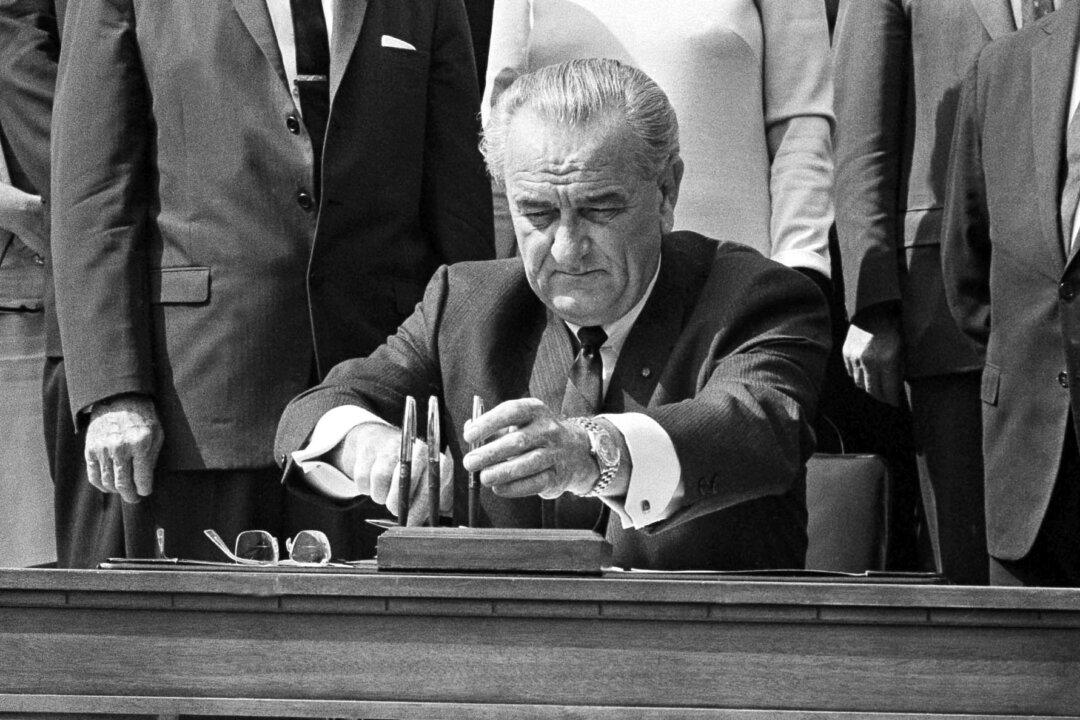Commentary
Liberals are right to say systemic racism exists, but they’re wrong about its perpetrators. The systemic racists aren’t the non-woke white majority, who typically deny that systemic racism even exists. Today’s systemic racists—successors to proponents in the formal slavery period that ended with the Civil War and its informal continuance under Jim Crow—are America’s woke whites.





